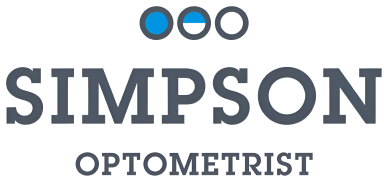Macular degeneration, also known as Age-related Macular Degeneration (AMD), is a condition that usually affects older adults and results in the loss of vision in the centre of the visual field. The macula is a small, central part of the retina, located at the back of the eye, responsible for sharp, detailed vision.
Here are key points about macular degeneration
Age-Related
As the name suggests, macular degeneration is often associated with aging. It is one of the leading causes of vision loss in people over the age of 50.
Two Types
There are two main types of macular degeneration—Dry (atrophic) and Wet (neovascular). The dry form is more common and involves the gradual breakdown of light-sensitive cells in the macula. The wet form is characterised by the growth of abnormal blood vessels beneath the retina, leading to leakage and damage.
Symptoms
Early stages of macular degeneration may not exhibit noticeable symptoms. As the condition progresses, individuals may experience blurred or distorted central vision, the appearance of dark or empty areas in the centre of vision, and difficulty seeing fine details.
Risk Factors
Besides aging, other risk factors include a family history of macular degeneration, smoking, obesity, and certain genetic factors. Exposure to ultraviolet (UV) light and a diet lacking in certain nutrients also contribute.
No Cure, but Management
Currently, there is no cure for macular degeneration, but treatment options exist, particularly for the wet form. These include medications, laser therapy, or injections into the eye to inhibit the growth of abnormal blood vessels. For the dry form, nutritional supplements and UV block coatings on lenses are recommended.
Regular Eye Exams
Early detection is crucial for managing macular degeneration. Regular eye examinations including OCT especially for individuals over the age of 50, can help detect the condition in its early stages and allow for timely intervention.
If you notice changes in your vision or experience symptoms associated with AMD, please contact us to arrange your comprehensive eye examination.


